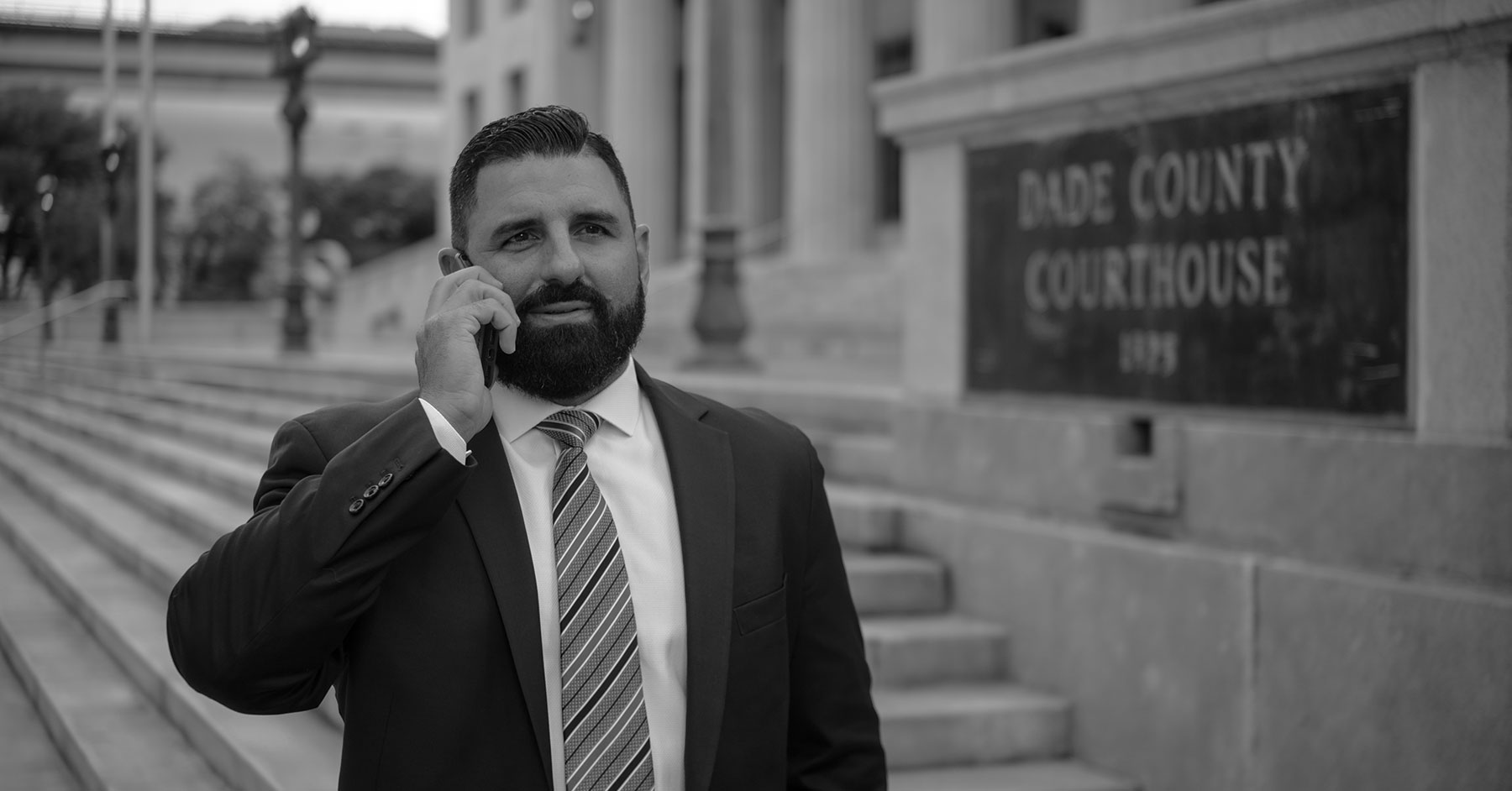Bankruptcy Fraud
Bankruptcy is a legal mechanism that provides individuals and businesses relief from debt.
Every case is different, and in certain situations assets and personal property may need to be liquidated to pay creditors back. It is vital that you follow the bankruptcy code carefully and do not engage in any unlawful behavior.
If you are accused of concealing assets to avoid having them forfeited, you could face civil and criminal penalties.
If you are charged with bankruptcy fraud, remain calm and ask to speak with your federal criminal defense lawyer.
Although it is a white-collar crime, bankruptcy fraud is considered an act of deceit against the government and is therefore penalized severely.
What is bankruptcy fraud?
The majority of bankruptcy fraud cases involve a debtor attempting to hide property or assets.
In many cases, bankruptcy fraud occurs along with another crime such as identity theft, money laundering, or mortgage fraud.
The most common types of bankruptcy fraud include:
- Concealing assets to avoid having to forfeit them — One way that debtors commonly commit bankruptcy fraud is by transferring property or assets to friends and family so that it cannot be liquidated.
- Filing multiple bankruptcy cases is considered fraud — It is illegal to file bankruptcy multiple times in several jurisdictions while using your real or fabricated information.
- Intentionally filing false or incomplete forms — Filing false or incomplete bankruptcy documentation may result in a perjury charge.
- Bribing a court appointed trustee — Offering a court-appointed trustee money or goods in exchange for influence in your case is a serious criminal offense.
No matter the circumstances of your bankruptcy fraud case, you need competent legal counsel.
Without a trusted lawyer by your side, you could face costly fines as well as a jail sentence.
Penalties for bankruptcy fraud
Depending on the facts of your case, the prosecution may charge you with bankruptcy fraud under 18 U.S.C. Chapter 9.
If they can prove that you knowingly and fraudulently created a falsehood, you could face up to 5 years in prison, a $250,000 fine, or both.
Bankruptcy fraud defense lawyer protects your rights
Being accused of a federal crime is a daunting experience. At the Law Office of Nayib Hassan, P.A., we understand what is at stake in your case.
To speak with an experienced bankruptcy fraud lawyer today, call (305) 403-7323 or contact us online.

